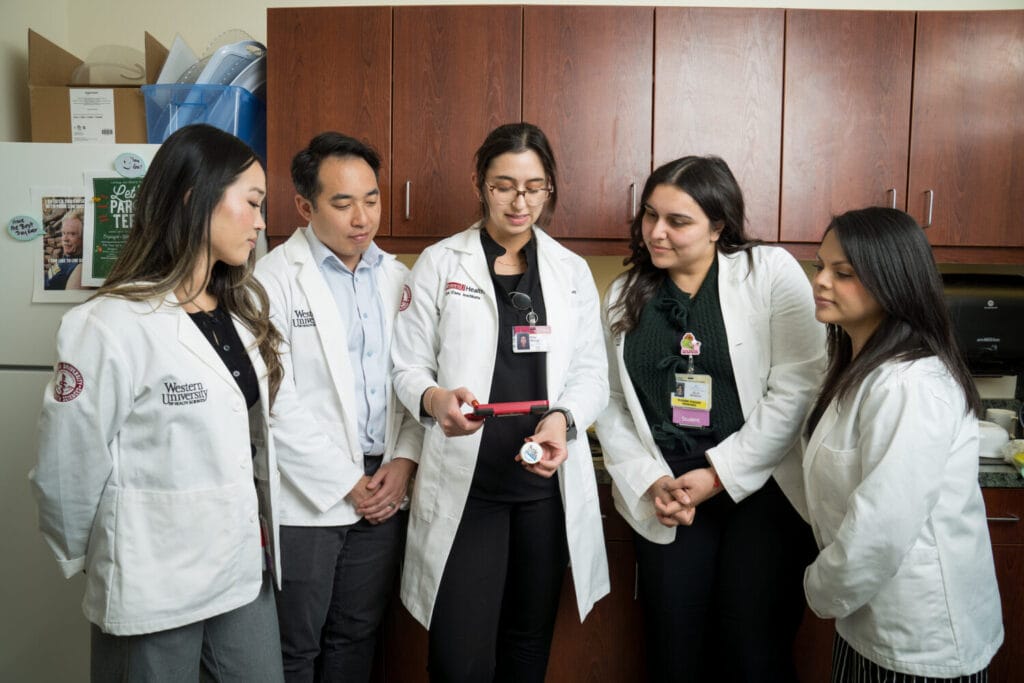Island medical labs face stagnation, hit hard by falling reimbursement rates


The Clinical Laboratories Association of Puerto Rico (ALCPR by its initials in Spanish) has raised the alarm on the ongoing crisis resulting from declining laboratory reimbursement rates, as documented in an economic study prepared for the ALCPR.
The analysis reveals that Puerto Rico’s clinical laboratories are facing stagnation and reduced rates from insurers, while healthcare costs have increased by more than 24%.
The ALCPR leadership has endorsed House Bill (HB) 2 of 2025 as a necessary legislative solution to address this problem, which has persisted for the past two decades.
The findings of the study, conducted by economist José Alameda, illustrate the significant financial pressure on the island’s laboratories. Between 2012 and 2022, Medicare Advantage rates decreased by 29.5%, while insurance premiums rose by 40.7% from 2010 to 2023. This growing disparity threatens the sustainability of laboratory services throughout Puerto Rico.
The variation in prices for specific tests emphasizes the severity of the issue. For instance, reimbursement for a complete blood count (CBC) test averages just $9.60 in Puerto Rico, compared to $75 in the continental United States. Similarly, reimbursement for a comprehensive metabolic panel (CMP) averages $14.34 in Puerto Rico versus $225 in the U.S. These discrepancies exist for most routine laboratory tests.
“This is not just a problem for the laboratory industry; it’s a crisis of access for patients,” ALCPR President Felipe Cintrón said. “When laboratories operate at a loss for years, their ability to provide the diagnostic services that guide 70% of all medical decisions is jeopardized. Bill 2 represents a step toward ensuring that Puerto Ricans continue to have access to quality laboratory services, no matter where they live on the island. Our laboratories have endured economic pressures for too long while continuing to provide essential health services.”
In a statement to the House Health Committee, the ALCPR expressed its support for HB 2, which aims to amend Act 72-1993. The legislation would establish a standardized system of minimum fees for laboratory testing, mandate regular reviews of fees based on actual costs, and require insurers to submit statistical reports. The bill seeks to create a minimum fee schedule reflecting the actual costs of providing laboratory services, along with review cycles to ensure that changes in economic conditions are taken into account.
Financial pressures have forced numerous laboratories to close or consolidate over the past decade, especially in rural areas where access to healthcare is already limited. Small and midsize laboratories, which represent over three-quarters of all clinical laboratories in Puerto Rico, are particularly vulnerable to the economic challenges. According to the Alameda study, laboratories in regions outside the San Juan metropolitan area face even greater difficulties, dealing with lower average technologist salaries and higher operating costs relative to their income.
In 2022, laboratories were informed of an additional reduction in their fees, averaging 10% compared to previous rates.
“There is no doubt that the government should establish islandwide fees no lower than those set by the Centers for Medicaid and Medicare Services (CMS), and that these should be consistent with the actual costs of testing, including those applicable to the government health plan,” Cintrón said. “It is also imperative to establish fair rates for healthcare providers.”
link






